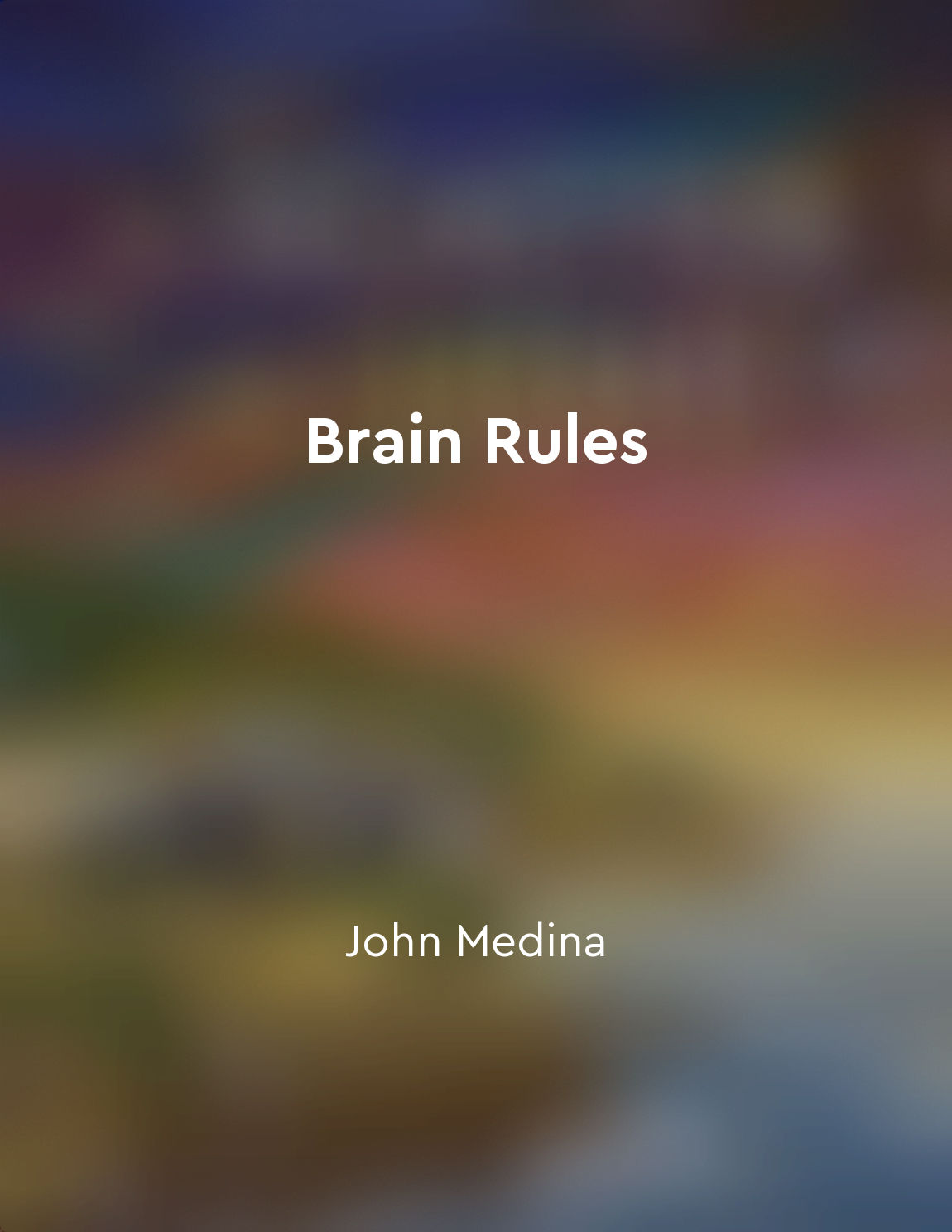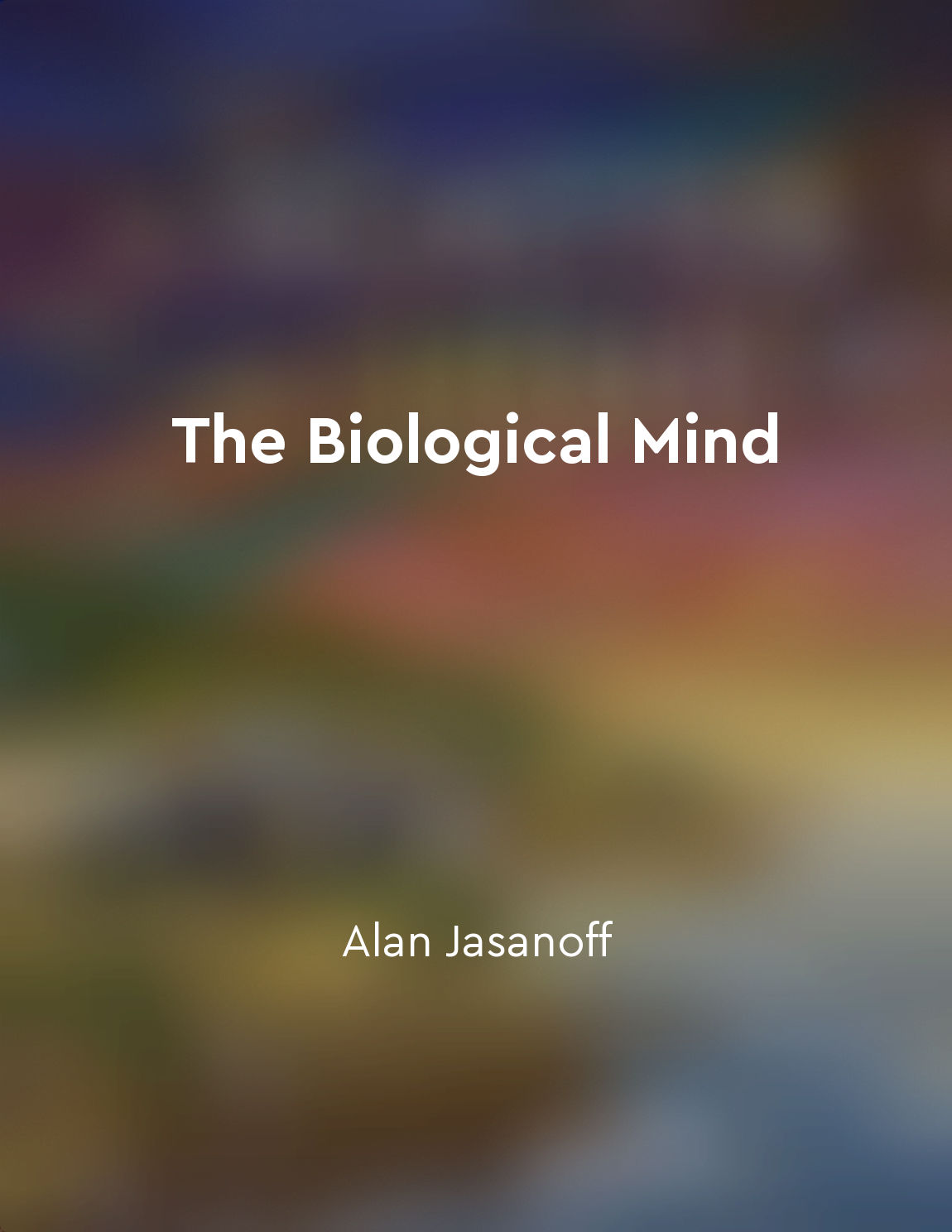Audio available in app
Brain chemicals impact our emotions and behaviors from "summary" of Habits of a Happy Brain by Loretta Graziano Breuning
Our emotions and behaviors are influenced by brain chemicals that evolved to promote survival in mammals. These brain chemicals are designed to reward behaviors that promote survival, such as finding food, seeking shelter, and reproducing. When we engage in behaviors that trigger the release of these chemicals, we feel good, and our brains learn to repeat those behaviors. Dopamine is a brain chemical that motivates us to seek rewards. When we anticipate a reward, dopamine is released, making us feel good and motivating us to pursue the reward. This system is designed to encourage us to engage in behaviors that are beneficial for survival, such as eating or mating. However, in the modern world, this system can be hijacked by artificial rewards, such as drugs or junk food, leading to unhealthy behaviors. Endorphins are another brain chemical that promotes survival by reducing pain and promoting bonding. When we engage in activities that trigger the release of endorphins, such as exercise or socializing, we feel good and are more likely to repeat those activities. This system is designed to encourage behaviors that promote physical and social well-being. Oxytocin is a brain chemical that promotes bonding and social connections. When we engage in behaviors that trigger the release of oxytocin, such as hugging or bonding with loved ones, we feel good and strengthen our social connections. This system is designed to promote cooperation and social cohesion, which are important for survival in social species like humans. Serotonin is a brain chemical that regulates mood and social status. When we engage in behaviors that boost serotonin levels, such as achieving goals or asserting dominance, we feel good and increase our social status. This system is designed to promote behaviors that enhance our social standing and increase our chances of survival. Understanding how brain chemicals influence our emotions and behaviors can help us make healthier choices and cultivate habits that promote well-being. By being mindful of the ways in which our brains are wired to seek rewards and avoid pain, we can work towards creating a happier and more fulfilling life.Similar Posts
Awareness is the first step to changing habits
To change a habit, you need to start by being aware of it. This might sound obvious, but it's a crucial first step that many pe...
Shift focus from achieving orgasm to building emotional intimacy
Instead of fixating on reaching climax during sex, consider redirecting your attention towards fostering emotional closeness wi...
The brain is divided into different regions with specific functions
The brain, that mysterious organ inside our skulls, is not just a jumbled mess of tissue. It is a highly organized structure, w...
The process of evolution is slow and gradual
In the long history of the world, the process of evolution has been a slow and gradual one. It is a process that takes place ov...

Kidneys filter waste and regulate water balance
The kidneys play a vital role in maintaining homeostasis within the body by filtering waste products from the blood and regulat...

Coping mechanisms for stress vary among individuals
When it comes to stress, no two individuals are alike in how they cope with it. What works for one person may not work for anot...
People think critically only about things they know
In order to think critically about something, you must first know something about it. Critical thinking requires knowledge; wit...

Make your point in the first ten minutes
When you're giving a presentation, it's important to remember that your audience's attention span is limited. Research shows th...

Stress negatively impacts brain performance
When stress enters the picture, it's like a dark cloud looming over your brain, ready to rain down chaos and confusion. Your br...

Brain health is essential for overall wellbeing
The brain, with its intricate network of neurons and synapses, plays a crucial role in shaping our experiences, emotions, and b...
